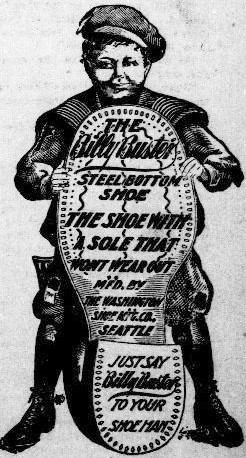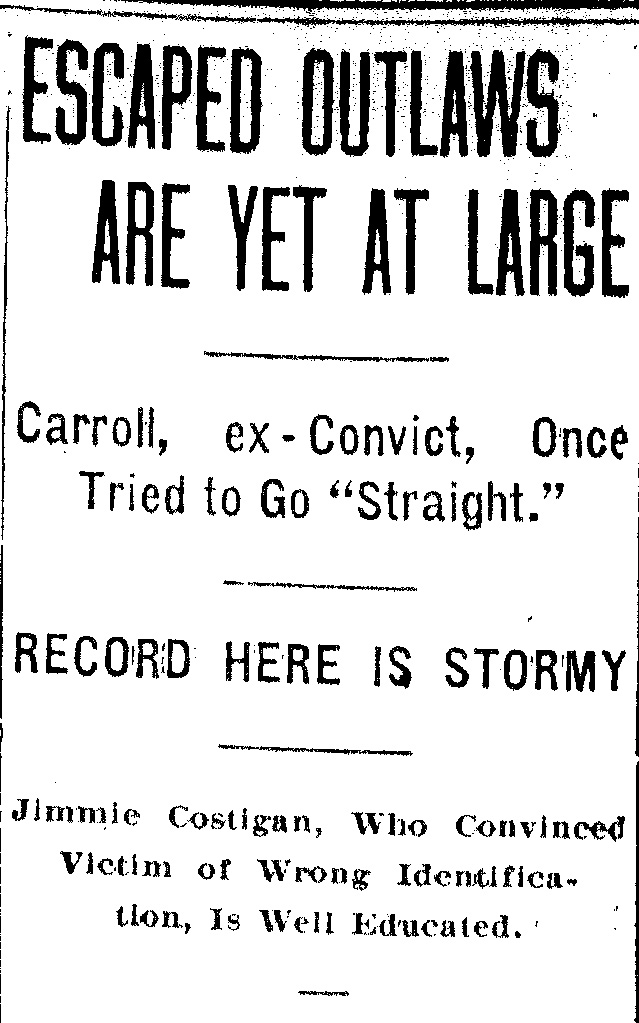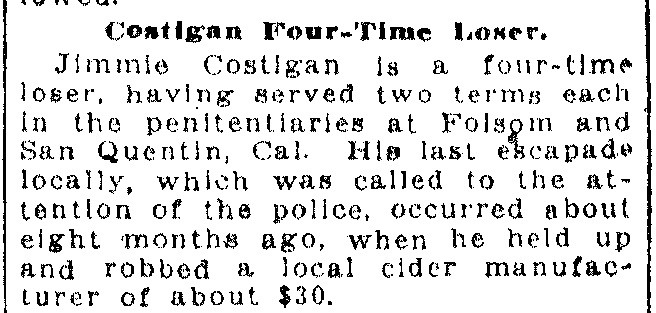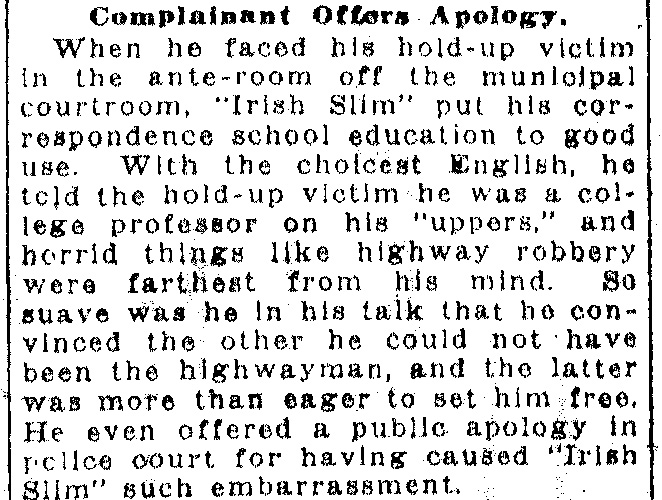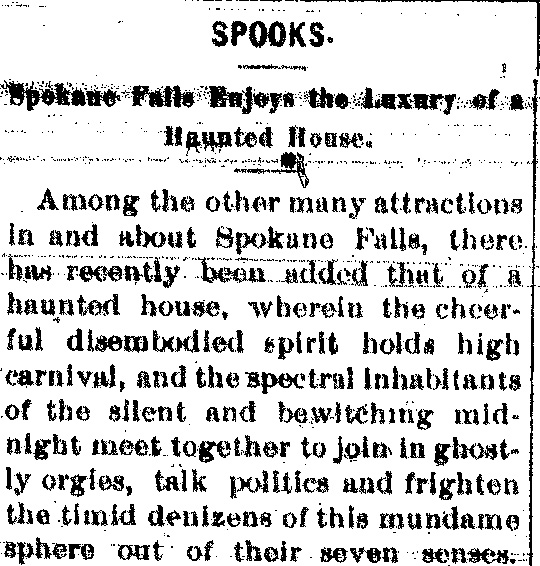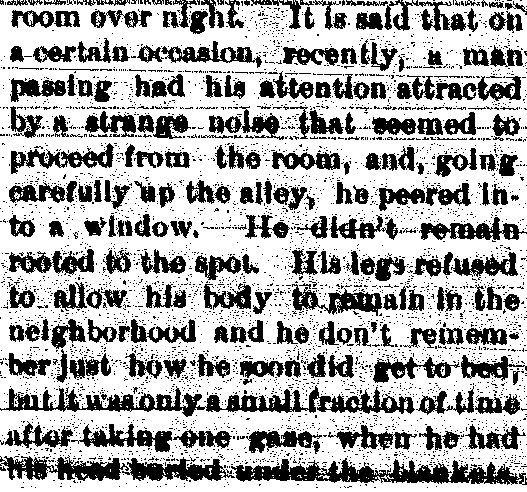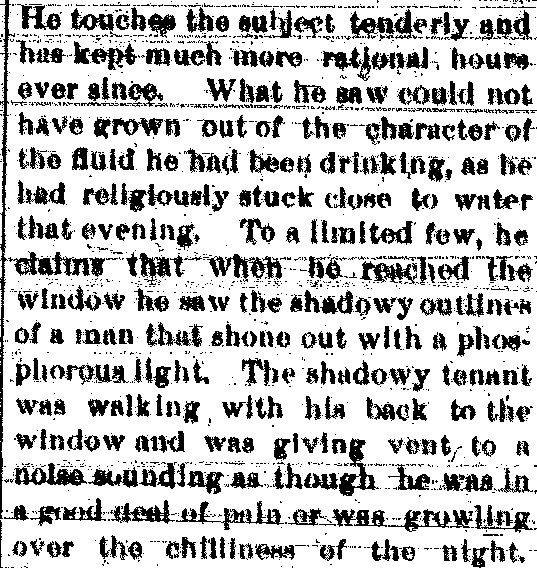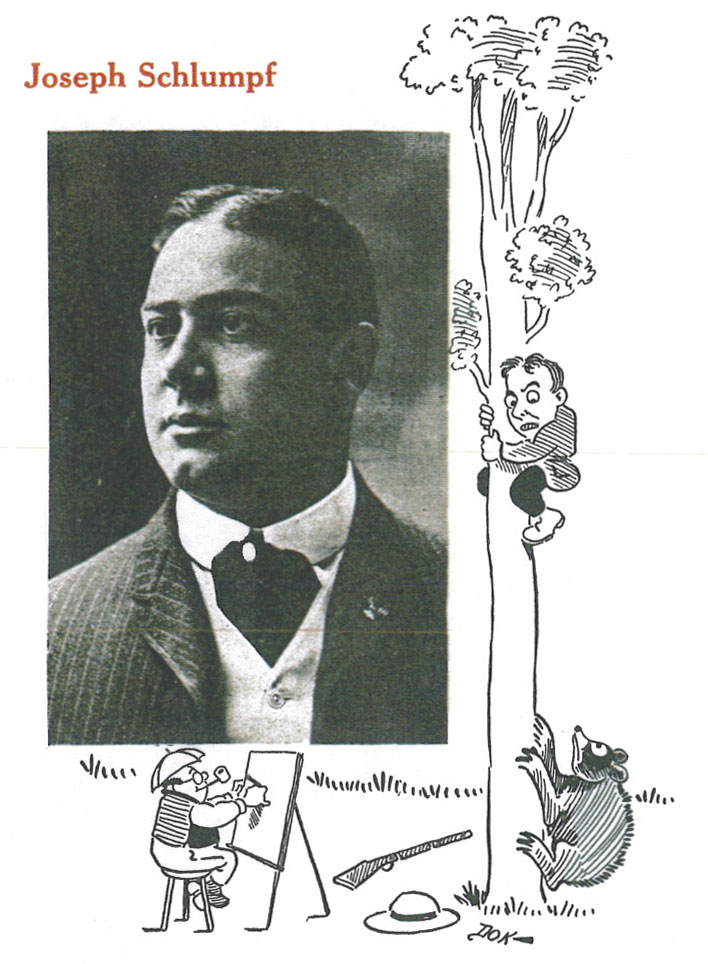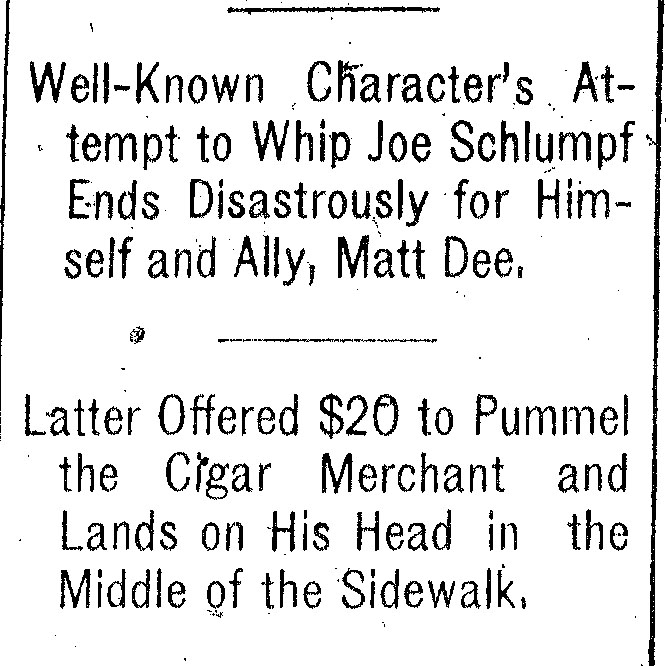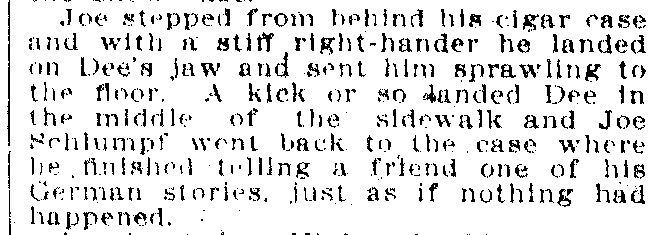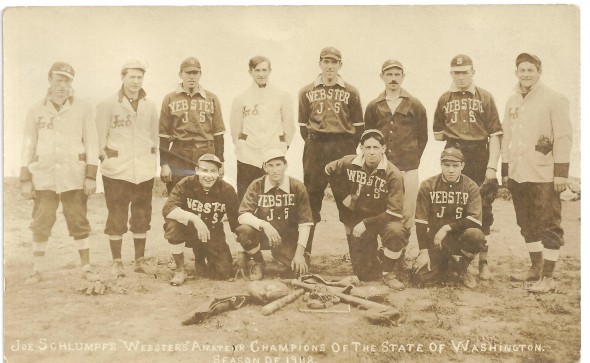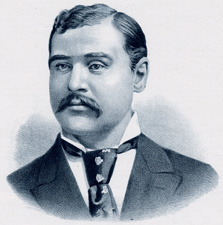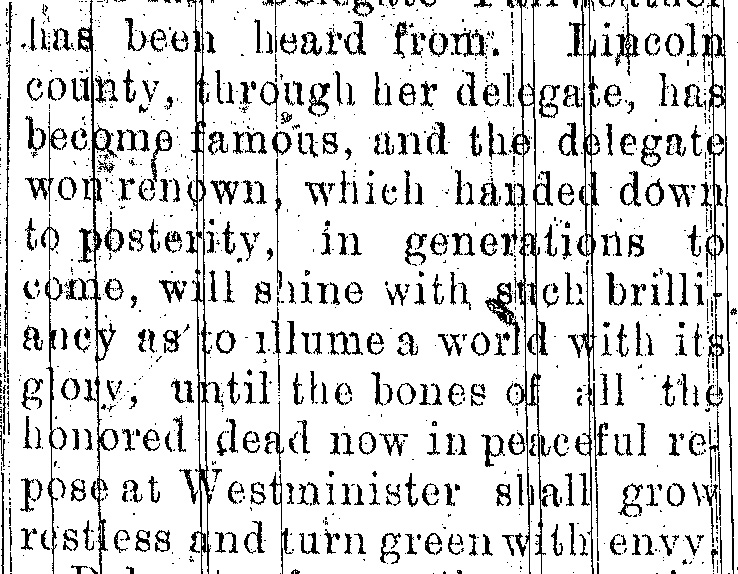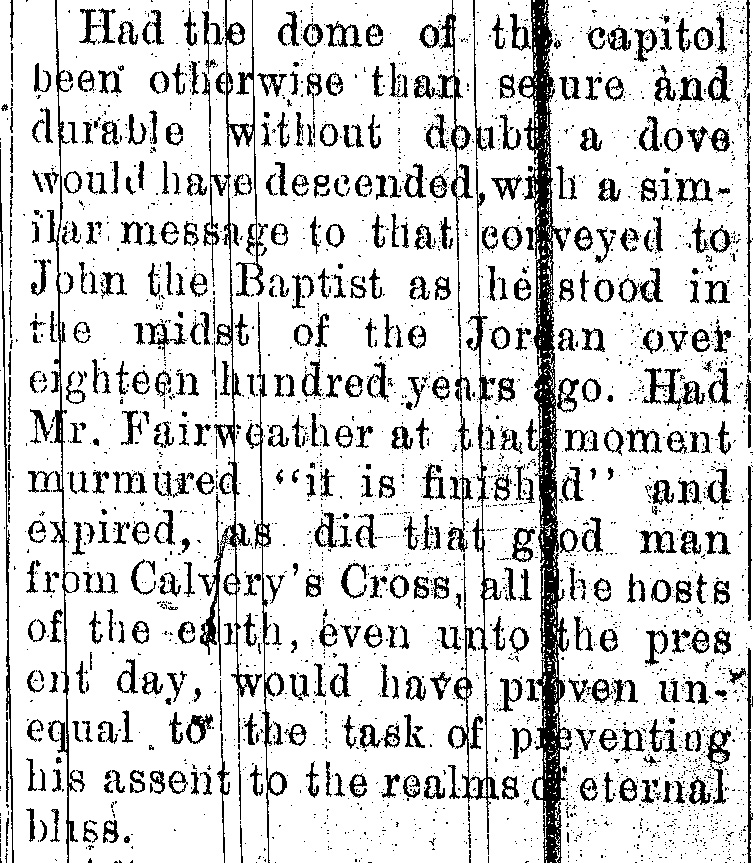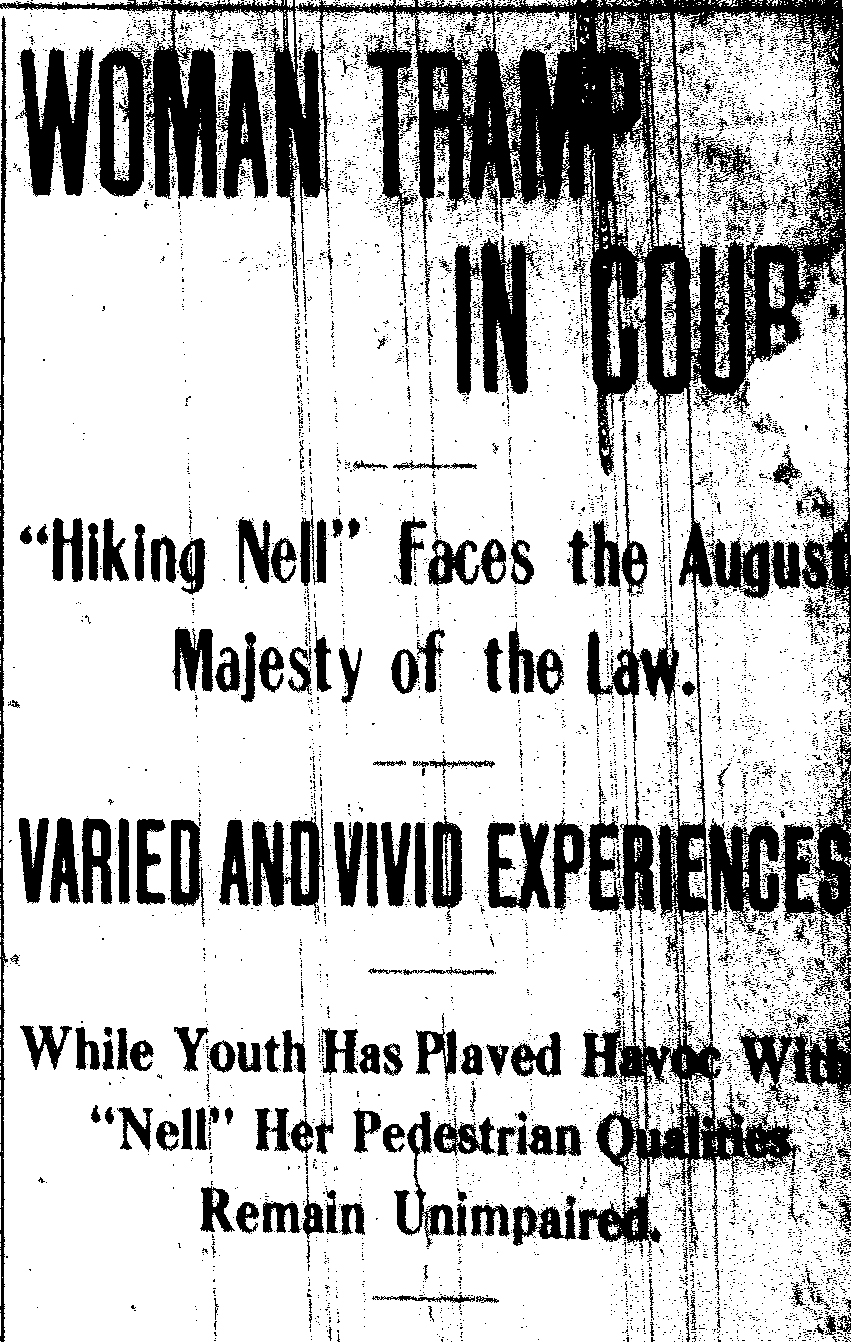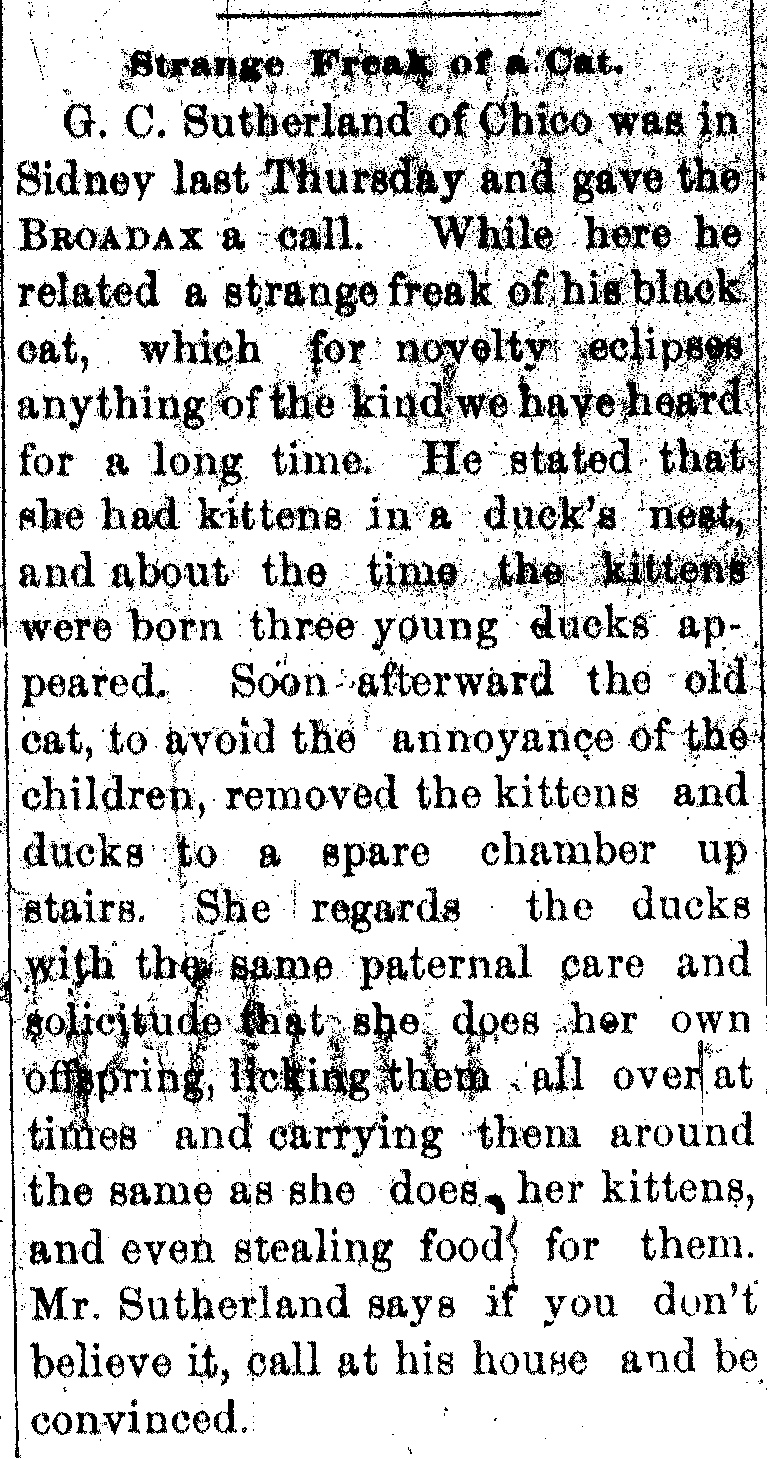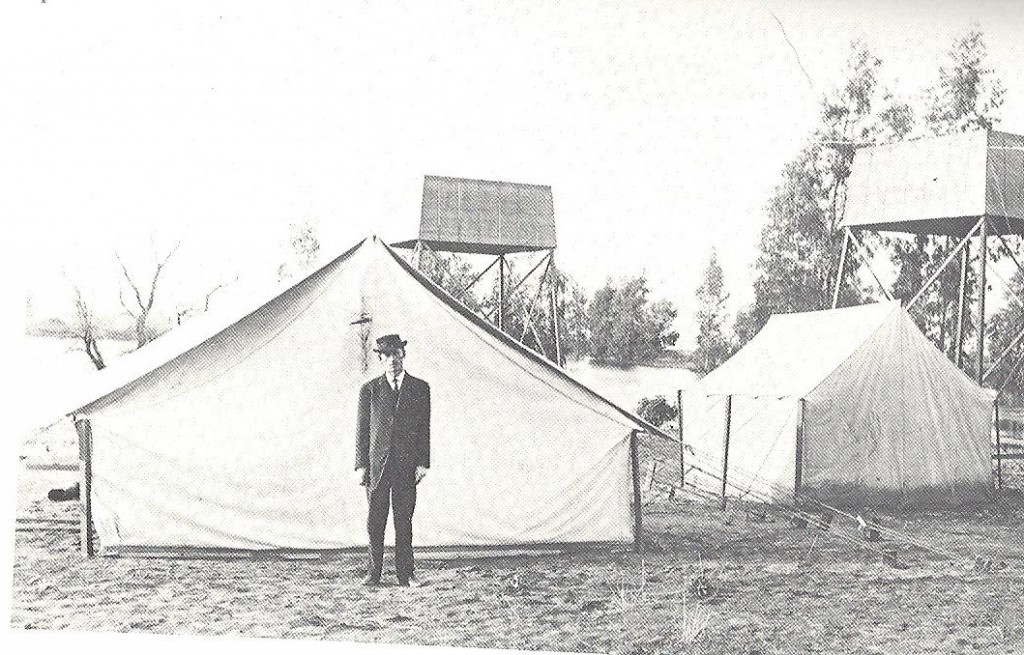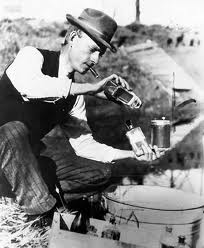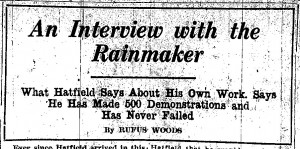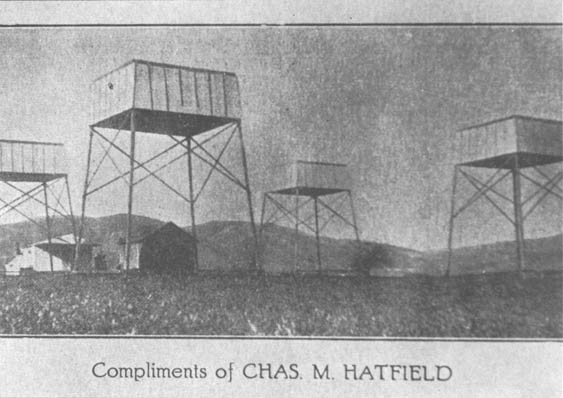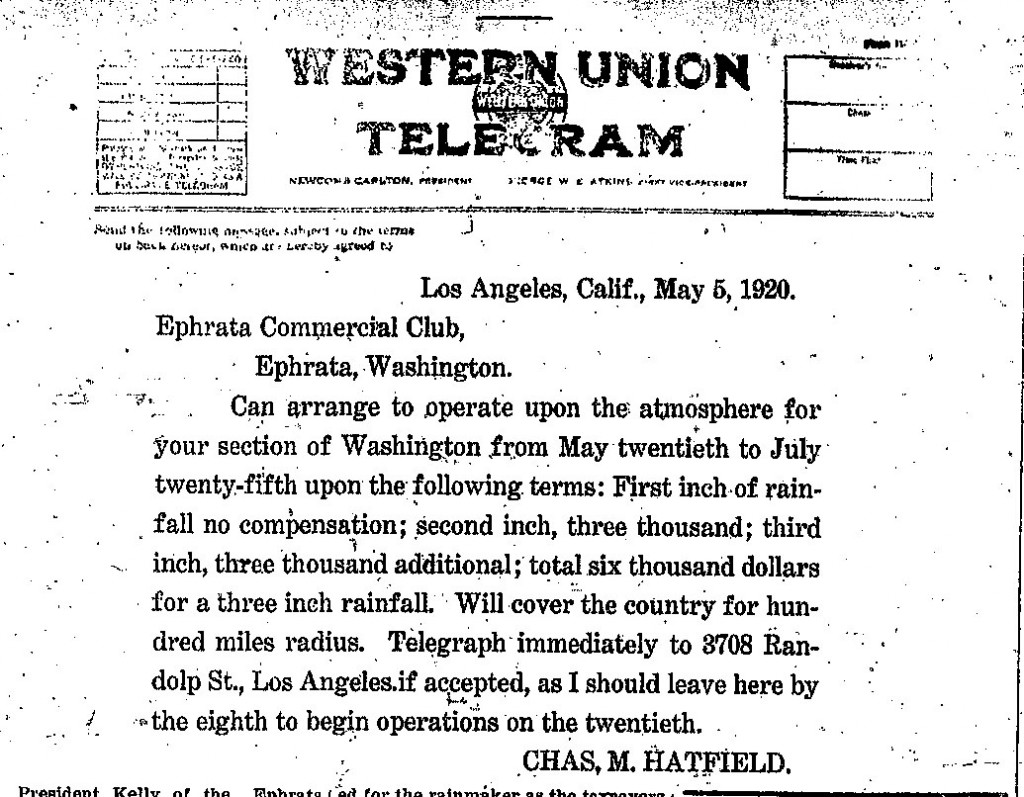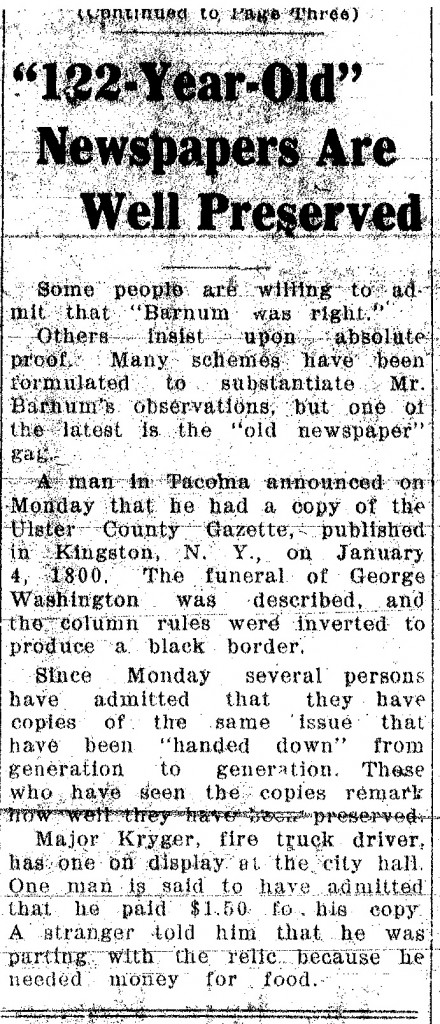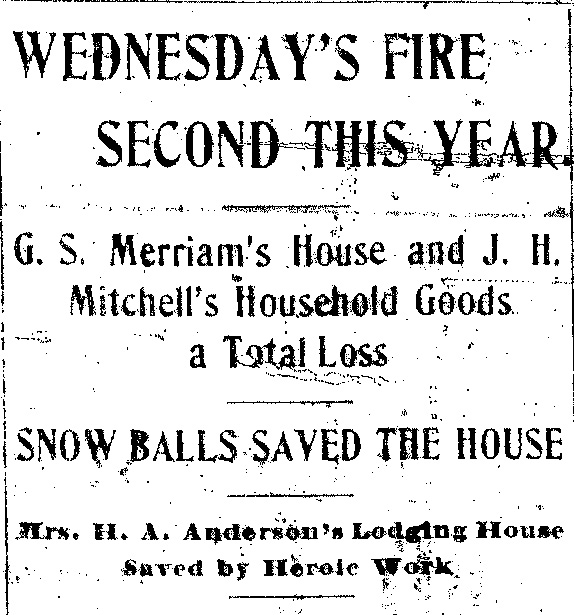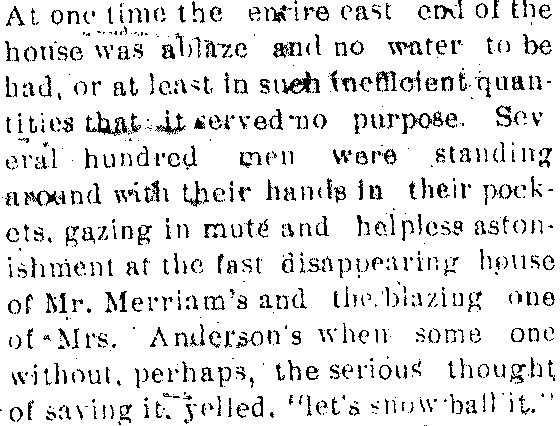From the desk of Marlys Rudeen – Deputy State Librarian
Traipsing through issues of the San Juan Islander for January-April 1907 is serious business. For the islanders are a litigious lot and there seems to be a fair amount of news regarding lawyers, courts, suits and arrests in what we think of today as an idyllic vacation spot. I’ve picked out a few events that struck me as interesting, but there is far more to be explored.
Feel free to browse through the issues for 1898-1914 on your own at the Chronicling America site,
(http://chroniclingamerica.loc.gov/lccn/sn88085190/) at the Library of Congress. Choose the link to ‘Browse’, then use the drop down to choose a year, and the calendar display to choose an issue.
- 1 The first electric street light in Friday Harbor lights up the intersection of Spring and Main streets. Voluntary contributions from citizens will be necessary to purchase additional lights. The paper takes the stance that incorporation is advisable in order to fund such civic improvements.
Jan. 12, 1907
- 1 The danger working in lumber mills is underlined by the report of the accident suffered by Dutton McNallie, a 19-year old, who lost his left arm to the planer at the Friday Harbor Mill.
- 3 Under the heading “No Women Politicians”, the paper quotes Pope Pius X where he exhorts women to do everything they can to care for the poor and uplift civilization, including education. “They should study everything, with, of course, the exception of theology.” He continues that women should be lawyers, doctors and teacher, but should not enter politics. “Women in Parliament! The idea is preposterous. Men there make blunders sufficient.”
Jan. 26, 1907
- 1 Former San Juan Co. resident, W. C. Boone, is in jail in Salem, OR, charged with bigamy. Also it seems his name is actually D. M. Richards. He married a Miss McFadden in Salem on Sept. 15, 1906, failing to mention that he already had a wife in the Bellingham area (and several children) from whom he had never obtained a divorce. It is also charged that when he married the wife in Bellingham, he already had a wife in Ohio.
The Whatcom County Bar Association has instituted proceeding for the disbarment of E. J. Grover. Specific charges include misappropriation of funds and soliciting a bribe. Grover is known for “having been associated with Mr. Garrett in the trial of the Wold-Ziegler cow case.”
The case of the McCrary Liquor License – whether or not to issue a liquor license to W. H. McCrary becomes a burning question in San Juan County. There will charges and countercharges, sworn affadavits, lawyers and county commissioners weighing in over several months. See “Officials Clash on License Question.”
Feb. 2, 1907
- 1 “McCrary Liquor License Held Up.”
Feb. 9, 1907
- 1 “The ‘Pirates of Penzance’ would have to ‘go away back and sit down’ if they were to come into competition with the fruit and produce commission pirates of Seattle. Compared with them the ‘Forty Thieves’ of the Arabian Nights were mere novices in the art of robbing the public.”
What sort of tactics do fruit and produce pirates employ? An Orcas Island orchardist shipped 70 boxes of choice apples to the commission, for which he expected payment of about $60 according to current fruit prices. After considerable time and several letters he went to Seattle and confronted the owner of the shop which had sold the fruit. The shop owner admitted he had received the fruit in good order and sold it at good prices, but instead of paying the grower he had used the money in his business and so didn’t have it to make payment, and “what are you going to do about it?” (Pirates, indeed!)
Street lights – It turns out the single street light was being donated free for a couple months by the local power company. Now they announce that it will be shut off unless someone raises the money to pay the monthly fee.
Feb. 16, 1907
- 1 “Special Meeting of Commissioners” (McCrary Liquor License.)
Feb. 23, 1907
- 1 An argument between citizens, A. Stoliker and Fred Peasley became heated, with such florid language that Mr. Peasely went so far as to attempt to have Mr. Stoliker placed “under bonds to keep the peace.” There was a hearing before Justice Oscar Bergman of the Valley Precinct. “While the evidence showed that the language used by Stoliker wasn’t indicative of a feeling of brotherly love toward Peasley and that it would be somewhat out of place in a Christian Endeavor meeting or high class literary symposium, it did not impress the justice as being of such a character as to indicate that Stoliker was really thirsting for Peasley’s gore… and he was accordingly discharged.”
Mar. 2, 1907
- 1 “A repeated Misstatement Corrected” (McCrary Liquor License.)
- 6 The current serialized novel is “The Iron Pirate” by Max Pemberton.
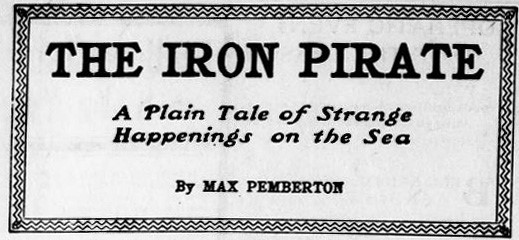
Mar. 16, 1907
- “A Statement from Commissioner Sandwith.” (McCrary Liquor License.)
Also a new physician settle in Friday Harbor, Dr. George H. Shrodes.
Mar. 23, 1907
- 1 “Mr. Frits Demands a Retraction.” (McCrary Liquor License.)
Apr. 6, 1907
- 1 Another saloonkeeper, Fred Lightheart is acquitted in a case involving gambling in his saloon. “While the fact of gambling in the saloon was clearly established, the evidence failed to show that it was done with his knowledge or consent.” (Perhaps they limited their play to darkened corners?)
Apr. 27, 1907
- 1 A proposed tax on dogs ($1 for a male, $2 for a female) is said to be unconstitutional by the attorney general. The county attorney had consulted him after the county commissioners proposed the tax.
Ed Gilshenan who was thought to be drowned in the San Juan Channel, turned up safe and sound at his home on Waldron Island. He did indeed capsize, but managed to reach Brush Island. Once there it took several days to flag down a steamer that picked him up and allowed him to find his way home.
I’ll leave the islands now but hope you will visit and make the acquaintance of the early citizens. And in case you’re wondering, Mr. McCrary does indeed get his license, though I would be hard put to identify exactly where and when it happened.
The San Juan Islander was digitized through a grant from the National Endowment for the Humanities under the National Digital Newspaper Program. The Islander and many other American newspapers can be found online at Chronicling America (chroniclingamerica.loc.gov) at the Library of Congress.
Additional newspapers for Washington can be found at Historic Newspapers (www.sos.wa.gov/legacy/newspapers.aspx) at the Washington State Library’s web site. The State Library is a Division of the Office of the Secretary of State.






